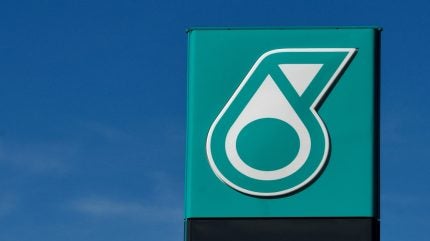
A gas pipeline explosion near Kuala Lumpur in Malaysia on Tuesday led to a massive fire, affecting more than 100 people, reported the Times of India, citing sources.
Malaysian oil and gas company Petronas reported that the blaze started at the pipeline operated by its subsidiary Petronas Gas Berhad (PGB) at 8:10am.
The incident occurred near a petrol station in Putra Heights, Subang Jaya, during a public holiday while the Muslim majority population celebrated Eid’s second day.
Flames were visible for hours, reaching heights equivalent to 20 storeys, the report said.
Petronas said in a statement: “PETRONAS Gas Berhad (PGB), which owns the affected pipeline, will be working closely with government authorities and agencies to assess the full impact of the incident.
“At the same time, the PETRONAS Group is proactively taking all necessary measures to preserve the security of gas supply.”
The company stated that the affected section had been isolated and officials stated that the fire would cease once the valves were closed.
By afternoon, the Selangor fire service had informed the Star newspaper that the flames had diminished enough for firefighters to approach.
According to Mohamad Zaini Abu Hassan, the deputy police chief of Selangor, a total of 49 homes suffered damage, impacting 112 residents, the report said.
Of those affected, 63 individuals needed hospital treatment for burns, respiratory problems and other injuries, as reported by the Bernama news agency.
Selangor Chief Minister Amirudin Shari confirmed the evacuation of nearby households, with temporary accommodation arranged in local mosques.
Additionally, Petronas confirmed that three nearby stations, PS Putra Heights, PS KM2 LDP and PS Putra Bestari, resumed operations after clearance from authorities. These stations were temporarily closed as a safety precaution.
With the isolation of the affected pipeline, all relevant stakeholders have also been informed.
Petronas has recently confirmed ongoing discussions with Sarawak’s state-run energy operator Petros regarding the role of gas aggregator. Sarawak holds more than 60% of Malaysia’s gas reserves, making these talks crucial.
Negotiations between Petronas and Petros have been at a standstill since last year, raising concerns about the potential impact on Petronas’ revenues, which contribute significantly to the federal government’s income.



